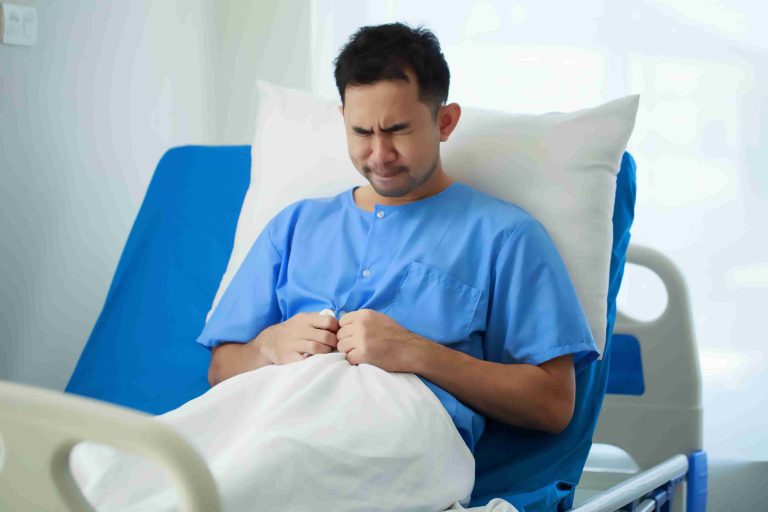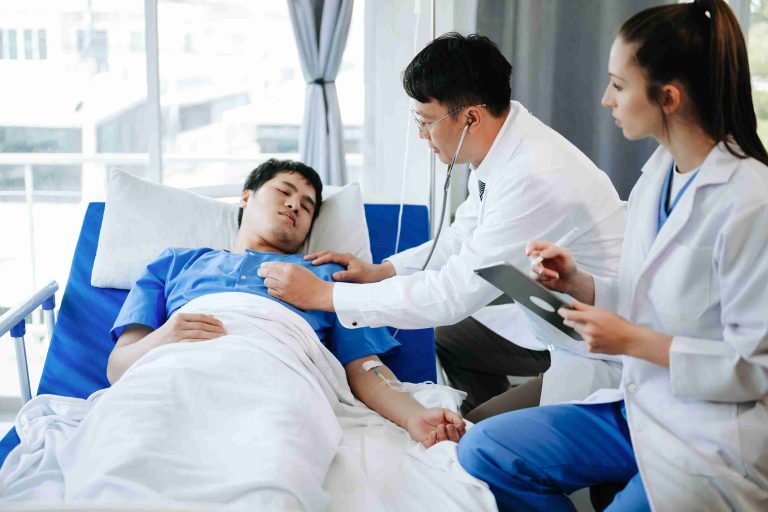Completing treatment for colon cancer is a significant milestone, often filled with relief and hope. However, the journey doesn’t end there. Even after surgery, chemotherapy, or radiation, it’s essential to remain vigilant and monitor for signs that might indicate a recurrence or complications. Understanding what to look out for can empower survivors to take charge of their health and seek timely medical attention when necessary.
Why Post-Treatment Monitoring Matters
While treatment can eliminate or significantly reduce cancer, there is always a risk that it may return—either in the colon or elsewhere in the body. This is called recurrence, and it can happen months or even years after initial treatment. Regular monitoring is crucial because the earlier any new developments are caught, the better the outcomes tend to be.
Beyond recurrence, some survivors may experience lingering effects from the treatment itself, such as changes in bowel habits, fatigue, or neuropathy. These symptoms are common and not necessarily symptoms of returning cancer, but distinguishing between expected recovery effects and potential warning signs is key.
Recurrence: What It Can Look Like
Colon cancer can recur in three main ways: local recurrence (in or near the original tumor site), regional recurrence (in nearby lymph nodes), or distant recurrence (spread to organs like the liver or lungs). Each may present with different symptoms.
For local recurrence, colon cancer symptoms might include abdominal pain, changes in bowel habits, or rectal bleeding. Distant recurrence can be trickier to detect and may involve systemic symptoms like unexplained weight loss, chronic fatigue, or pain in areas such as the liver or back.
Monitoring for recurrence is a combination of regular medical check-ups, imaging, blood tests (like CEA levels), and being in tune with your body. Reporting any new, unusual, or persistent symptoms promptly helps catch problems early when they are most treatable.
Bowel Changes After Treatment
It’s common to experience changes in bowel function following colon cancer treatment, especially if surgery removed part of the colon. Some people may have looser stools, increased frequency, or urgency. Others may deal with constipation or difficulty fully emptying the bowels.
These changes often improve over time, but a sudden or significant shift in bowel patterns—especially if paired with blood in the stool or abdominal discomfort—should raise a red flag. In such cases, it’s wise to consult your oncologist or gastroenterologist to rule out recurrence or complications like strictures or secondary polyps.
Fatigue and Its Implications
Persistent fatigue is one of the most common complaints among cancer survivors. While it often results from the physical and emotional toll of treatment, fatigue can sometimes be a sign that something isn’t quite right.
If the fatigue worsens over time, is not relieved by rest, or is accompanied by other concerning signs like weight loss or appetite changes, it may warrant further investigation. Blood work can help rule out anemia or thyroid dysfunction, while imaging can detect signs of cancer returning elsewhere in the body.
Abdominal or Pelvic Pain
Abdominal or pelvic discomfort is another symptom to monitor closely. While minor cramping or bloating can occur due to dietary changes or healing tissues, persistent or severe pain—especially if it’s new—deserves attention.
Pain in the right upper abdomen may suggest liver involvement, while pain in the pelvis could point to localized issues. Keeping a symptom diary that tracks when pain occurs, how long it lasts, and any triggers or associated symptoms can be helpful for your medical team.
Unexplained Weight Loss or Loss of Appetite
A sudden or ongoing drop in weight without trying can be a sign that your body is struggling with something internally. Similarly, a loss of appetite that doesn’t improve after treatment recovery should prompt evaluation.
These could be signs of malabsorption, anxiety, depression, or more concerningly, cancer recurrence. Nutritional support and mental health evaluations may also be beneficial to ensure overall recovery and well-being.
Psychological Symptoms and Survivorship
It’s important not to overlook mental and emotional health post-treatment. Anxiety, depression, and fear of recurrence are common experiences. These can manifest as trouble sleeping, low mood, irritability, or social withdrawal.
Mental health challenges may also blur physical symptom recognition. For example, someone experiencing anxiety may misattribute stomach discomfort to stress and delay seeking help. Acknowledging the psychological dimension of survivorship is a critical component of long-term wellness.
Counseling, support groups, and survivorship care plans created in collaboration with your oncology team can provide structure, reassurance, and a space to voice concerns.
The Importance of Routine Follow-Ups
Routine surveillance after colon cancer treatment typically includes:
- Physical exams: To assess overall health and detect any signs of recurrence.
- Colonoscopy: Usually scheduled one year after surgery, then at regular intervals depending on findings.
- CT scans: To check for recurrence in the abdomen, pelvis, or chest.
- Blood tests (CEA levels): Elevated carcinoembryonic antigen levels may indicate recurrence in some patients.
These follow-ups are not just procedural—they’re your best defense against missed symptoms or delayed diagnosis. Being consistent with them ensures that any potential problem is caught early, when it’s easier to treat.
Empowering Yourself with Knowledge
Understanding what to expect and watch for can turn fear into empowerment. Keep in mind that not every symptom means recurrence. Many are part of the healing process, especially in the first year after treatment. However, staying aware of changes and feeling confident to report them makes a big difference in managing your health.
Communicate openly with your healthcare team. Bring questions to your appointments, and don’t hesitate to call if you notice anything unusual. You know your body best—and your instincts matter.
Conclusion
Recognizing colon cancer symptoms after treatment is an essential part of survivorship. While completing treatment marks the end of one chapter, ongoing vigilance ensures you stay in control of the next. By monitoring for signs like bowel changes, unexplained fatigue, pain, or weight loss, you can catch potential issues early and seek timely care.
If you’ve undergone treatment for colon cancer, continue attending your follow-up appointments, and stay engaged in your recovery process. Awareness and early detection remain your strongest tools in maintaining long-term health.






